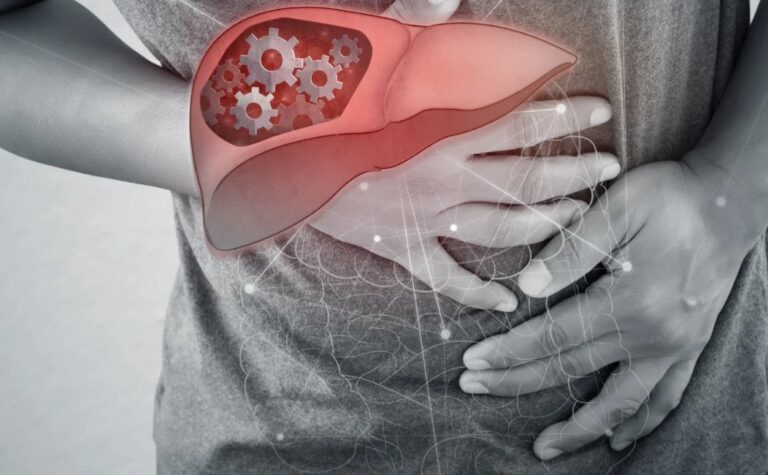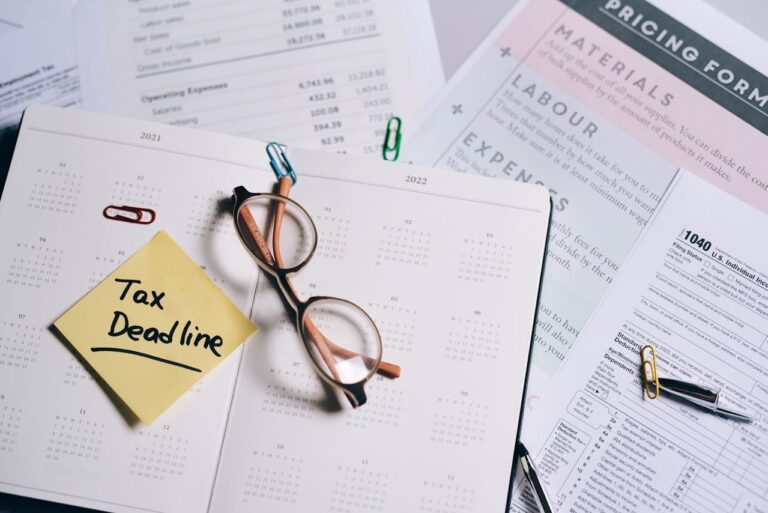
Your kidneys work around the clock — quietly filtering waste, balancing electrolytes, and maintaining your body’s internal environment. They’re essential to keeping blood pressure steady, preventing toxin buildup, and supporting overall health. But many people unknowingly put constant strain on these vital organs through small, everyday habits. Over the years, these patterns can slowly weaken kidney function without any obvious early symptoms.
If you’ve noticed changes in your energy, urination frequency, or fluid retention, it may be worth consulting a urology doctor in Singapore who can assess your kidney health and detect early warning signs before they progress.
Below, we’ll explore five common habits that can harm your kidneys over time — and what you can do to protect them.
1. Overusing Painkillers
Painkillers like ibuprofen, naproxen, and even aspirin belong to a class of drugs called non-steroidal anti-inflammatory drugs (NSAIDs). They’re often used for headaches, muscle soreness, menstrual pain, or even mild fevers. While they’re safe when taken occasionally, frequent use can reduce blood flow to the kidneys and cause gradual tissue damage.
NSAIDs work by blocking certain enzymes that cause inflammation, but those same enzymes also help maintain normal blood flow in the kidneys. Over time, especially if taken on an empty stomach or without proper hydration, these medications can contribute to a condition known as “analgesic nephropathy” — a form of kidney damage caused by prolonged painkiller use.
What to do instead:
If you frequently rely on painkillers, talk to your doctor about alternative options. For mild pain, consider stretching, applying warm compresses, or getting enough rest. For chronic pain, physical therapy or supervised medication management can help reduce your risk. Always follow dosage instructions, and avoid combining multiple painkillers unless prescribed.
2. Eating Too Much Salt
Salt, or sodium, is necessary for muscle and nerve function — but too much of it makes your kidneys work harder. When you consume excessive sodium, your body retains water to dilute the concentration in your blood. This raises blood pressure and forces the kidneys to filter more fluid, increasing stress on their delicate blood vessels.
Over time, a high-salt diet can lead to hypertension (high blood pressure), which is one of the leading causes of kidney disease worldwide. Many people underestimate their salt intake because most sodium comes from processed or restaurant foods, not just table salt.
What to do instead:
Start by reading nutrition labels and limiting packaged or instant foods like soups, sauces, chips, and frozen meals. Flavor your dishes with herbs, spices, lemon, or garlic instead of relying on salt. If you eat out often, ask for your meals to be prepared with less sodium — many restaurants can accommodate this request.
3. Not Drinking Enough Water
Water is the kidneys’ best friend. It helps flush out toxins, balance electrolytes, and prevent the buildup of minerals that can form kidney stones. When you’re dehydrated, your urine becomes more concentrated, which increases the risk of crystal and stone formation inside the kidneys.
Even mild dehydration — the kind you might not notice after a long meeting, workout, or commute — can cause the kidneys to work harder. Over the years, repeated dehydration episodes may lead to reduced kidney efficiency.
What to do instead:
Aim for clear or pale-yellow urine as a simple hydration gauge. While the general recommendation is about 2 liters (8 glasses) a day, your needs depend on your activity level, climate, and diet. If you consume caffeine or alcohol, increase your water intake since both can have diuretic effects.
4. Consuming Too Much Sugar and Processed Food
The modern diet — high in refined sugar, white flour, and processed snacks — has quietly fueled a rise in chronic kidney disease. Excess sugar increases your risk of developing diabetes, which in turn damages the tiny filtering units (nephrons) inside your kidneys. Even before diabetes develops, frequent blood sugar spikes can alter how your kidneys handle glucose and proteins, leading to gradual damage.
Processed foods also often contain unhealthy fats and high sodium content, further straining kidney function. Studies show that people who eat fast food or sugary drinks regularly are more likely to develop early markers of kidney disease such as protein in the urine.
What to do instead:
Choose whole foods like vegetables, fruits, legumes, and lean proteins. Replace sugary drinks with water or herbal teas. If you need a snack, go for nuts, seeds, or yogurt instead of chips or cookies. Remember that “natural” sugars in fruit juices can still spike blood sugar — moderation is key.
5. Lack of Exercise, Sleep, and Smoking
Your lifestyle choices play a huge role in kidney health. A sedentary lifestyle contributes to obesity, diabetes, and high blood pressure — all major risk factors for kidney disease. Regular movement improves circulation and supports healthy kidney function by keeping blood pressure in check.
Poor sleep is another overlooked factor. During rest, your kidneys balance fluid and hormone levels. Chronic sleep deprivation disrupts this rhythm, leading to increased blood pressure and stress hormone production.
Smoking, meanwhile, reduces blood flow to the kidneys and increases the risk of kidney cancer. It also makes other kidney-related conditions, such as hypertension and diabetes, more difficult to control.
What to do instead:
Aim for at least 30 minutes of moderate exercise five times a week. Prioritize quality sleep — try to maintain a consistent bedtime and reduce screen time before bed. If you smoke, consider seeking medical or behavioral support to quit. Within months of quitting, circulation improves and your kidney disease risk drops significantly.
Early Warning Signs You Shouldn’t Ignore
Kidney damage develops quietly. In the early stages, you may not notice any symptoms at all. But as the condition progresses, you might experience:
- Swelling in your feet, ankles, or around the eyes
- Fatigue or reduced concentration
- Changes in urine color or frequency
- Persistent high blood pressure
- Unexplained nausea or metallic taste
If you experience any of these, it’s important not to dismiss them as minor issues. A simple urine or blood test can reveal a lot about your kidney function — often before symptoms become severe.
Why Prevention and Early Detection Matter
The kidneys are resilient, but they can’t regenerate easily once damaged. Preventive care is the best defense. Many people don’t realize that kidney disease often advances silently until more than half of the function is already lost. Early diagnosis allows for lifestyle and dietary adjustments that can halt or even reverse mild damage.
Additionally, a specialist can guide you in building kidney-friendly habits — from optimizing fluid intake to adjusting medication use and improving your diet.
Also Read: When To See a Urologist for Recurring Urinary Issues
The Takeaway
Healthy kidneys are essential for your body’s balance and well-being, yet they’re often neglected until symptoms appear. The good news is that most kidney-related problems are preventable with consistent care and mindful habits.
By limiting salt, sugar, and painkiller use, staying hydrated, exercising regularly, and getting enough sleep, you can protect your kidneys for years to come.
And if you have a family history of kidney disease or underlying conditions like diabetes or hypertension, make sure to schedule regular checkups with a trusted urology doctor in Singapore. Early action today can prevent serious complications tomorrow.






